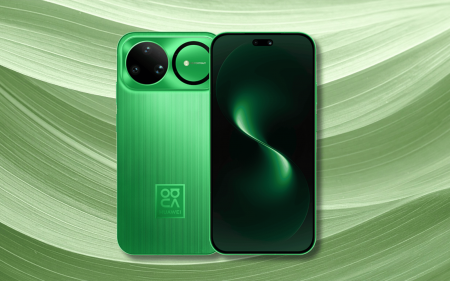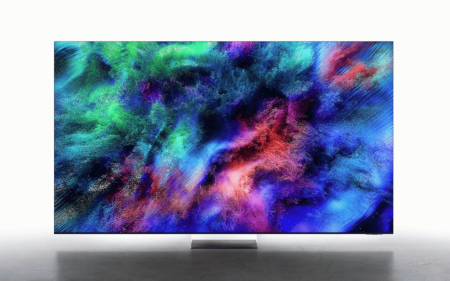Jack Dorsey only just stepped out of the office, and Twitter is already pumping out changes. The newest one goes towards its privacy policy, specifically regarding the publication of “private media”.
Until now, this policy has prohibited the publication of things like phone numbers, home addresses, and ID documents. This is typically referred to as ‘doxxing’. Now Twitter’s expanding that scope to include pictures of private individuals.
Twitter-ing on the side of caution
The amendment appears as follows on Twitter’s official blog:
“NEW: media of private individuals without the permission of the person(s) depicted.”
In essence, this means that users cannot post pictures of ‘private’ individuals without their consent. There’s a bit of nuance to this though. The removal of images obviously falls to Twitter’s moderation team, who will evaluate issues on a case-by-case basis, with certain criteria to consider.
For example, public figures such as celebrities, politicians and the like are not considered ‘private’ figures. Much of their information is already publicly available to begin with, so they’re free game for posting. Additionally, sometimes private information and images might be shared under extraneous circumstances, say to help find a missing person, for example. Again, this comes down to Twitter’s moderation team to handle.
This policy is mainly in place to protect people in potentially harmful circumstances.
“Sharing personal media, such as images or videos, can potentially violate a person’s privacy, and may lead to emotional or physical harm,” reads Twitter’s official statement. “The misuse of private media can affect everyone, but can have a disproportionate effect on women, activists, dissidents, and members of minority communities.”
Twitter’s approach to removing content does appear to be more retroactive than proactive though, relying on “a first-person report or a report from an authorized representative” to be taken down, similar to Google Images. This leaves a decent amount of room for error, say if the “first-person” doesn’t have an account or only becomes aware that their information or a picture of them has been posted a few days after the fact. At that point, the damage could already have been done.
We understand that this is tricky ground to navigate though, so we won’t pan Twitter for having some room to improve. This is still a good step forward towards better protecting the privacy of all its users.




